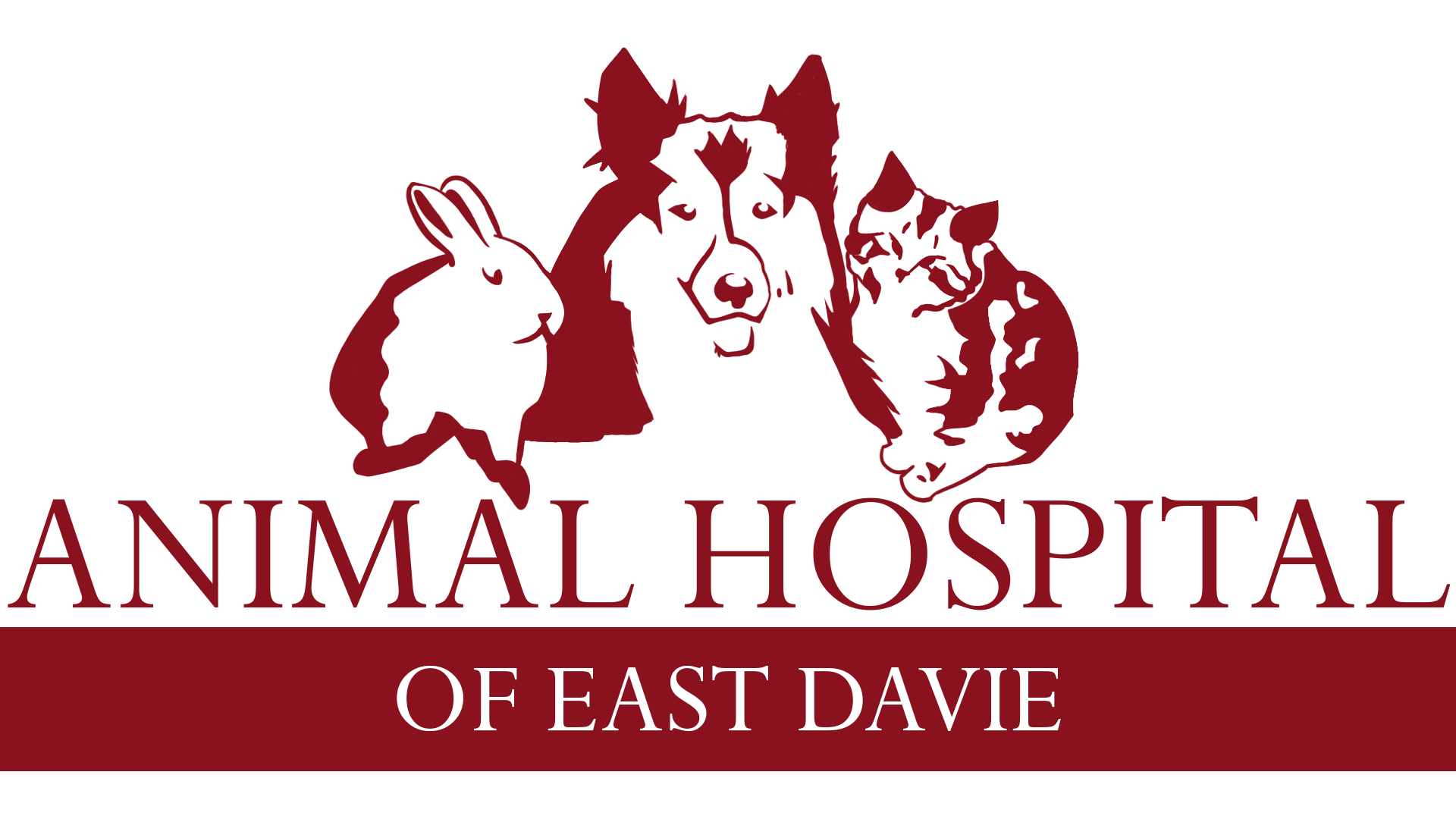Managing Obesity in Dogs
Obesity is a serious health concern for dogs, affecting an estimated 25-50% of pets in the U.S.. Defined as excess body weight exceeding 15% above normal, obesity increases the risk of serious conditions like joint problems, heart disease, diabetes, and cancer. At Animal Hospital of East Davie, we help pet owners create effective weight management plans to keep dogs healthy, active, and happy.
Why Does Obesity Occur in Dogs?
Obesity results when energy intake (food) exceeds energy expenditure (exercise), often influenced by breed, age, gender, and diet. Certain breeds, including Labrador Retrievers, Beagles, Dachshunds, and Cocker Spaniels, are genetically prone to weight gain. Middle-aged, female, and neutered pets also have a higher risk.
Common signs of obesity include:
- Excess fat accumulation around the neck, tail base, and abdomen
- Difficulty moving or breathing
- Exercise intolerance and low stamina
- Urinary or fecal incontinence
- Unkempt appearance or skin issues due to difficulty grooming
Concerned about your dog’s weight? Schedule a Wellness Checkup for a professional evaluation.
Health Risks of Canine Obesity
Excess weight increases the risk of several serious health conditions, including:
- Joint and mobility issues (arthritis, hip dysplasia)
- Heart disease & high blood pressure
- Increased risk of certain cancers (bladder, mammary tumors)
- Heat intolerance & breathing difficulties
- Higher surgical & anesthesia risks
Prevention is easier than treatment! Keeping your pet at a healthy weight reduces their risk of chronic diseases and improves their quality of life.
Diagnosis & Treatment Options
If obesity is suspected, diagnostic tests may be performed to rule out conditions like hypothyroidism or hyperadrenocorticism, which can contribute to weight gain.
How to Help Your Dog Lose Weight
1. Adjust Their Diet
- Switch to a lower-fat, high-fiber diet for healthy weight loss.
- Measure portions carefully—overfeeding is a major contributor to obesity.
- Avoid high-calorie treats; opt for healthy alternatives like carrots or green beans.
2. Increase Exercise
- Daily walks & playtime improve metabolism and help burn calories.
- For older or arthritic dogs, low-impact activities like swimming can be beneficial.
3. Long-Term Weight Management
- Regular weigh-ins and veterinary checkups ensure steady, healthy weight loss.
- Maintaining an active lifestyle prevents weight gain from returning.
Need a personalized weight loss plan? Schedule a Nutritional Consultation with our veterinary team.
Keep Your Dog at a Healthy Weight
Preventing obesity is easier than treating it. By maintaining proper diet, regular exercise, and routine checkups, you can help your dog live a longer, healthier life.
